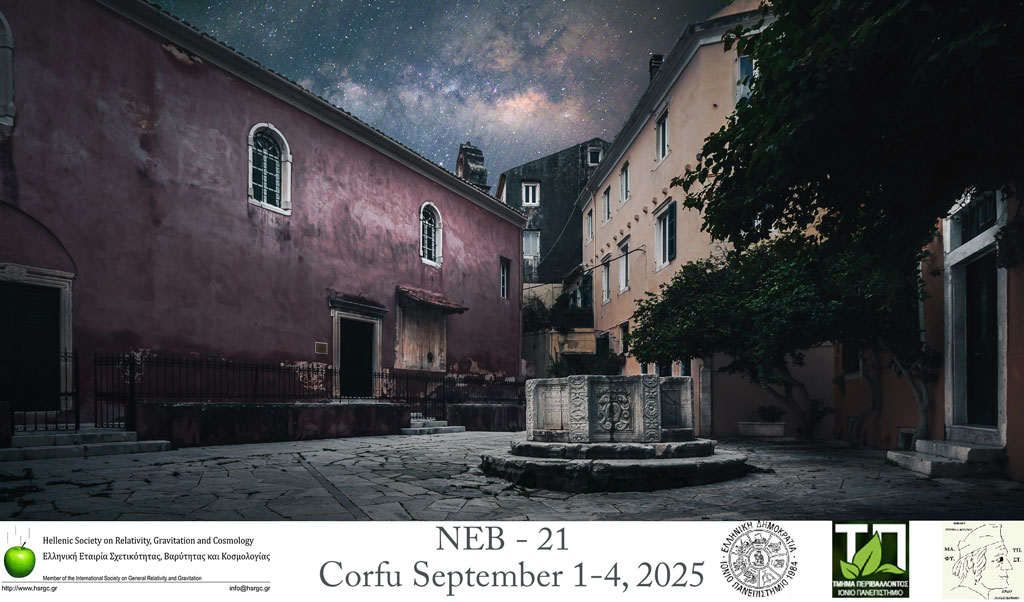Speaker
Description
Motivated by the complex phenomena occurring in the vicinity of accreting black holes, this study revisits how additional matter distorts otherwise integrable geodesic motion. Whereas most earlier work considered static, axis-symmetric configurations, real accretion discs rotate and drag the surrounding space-time. To quantify the dynamical impact of this rotation-induced frame-dragging, test-particle trajectories in a Schwarzschild black hole perturbed by a rotating thin disc are examined. High-order RK integration is employed to construct Poincaré sections while systematically varying the disc’s specific angular momentum. Chaoticity is characterised through several Lyapunov indicators—finite-time exponents, FLI, and MEGNO—and through a global estimator, the Kolmogorov–Sinai entropy, computed for each resulting phase-space portrait. Finally, the potential bias introduced by the disc’s idealised sharp edges is assessed, underscoring the importance of smooth-edge models in future analyses.

